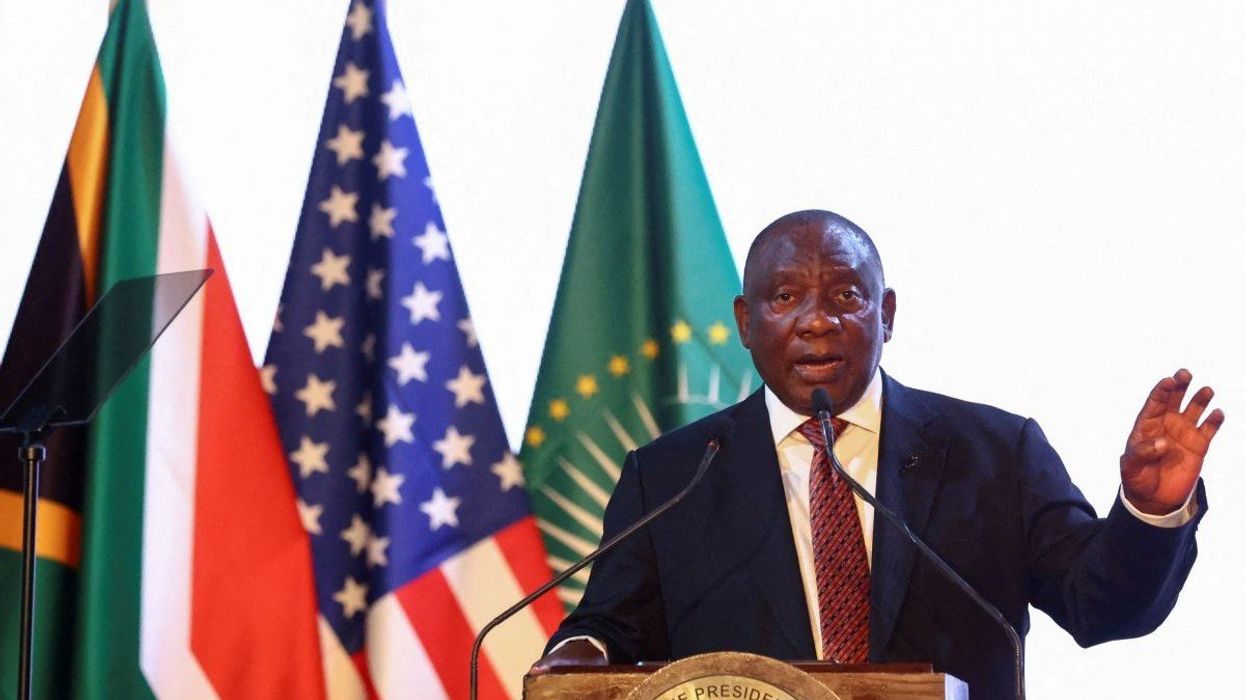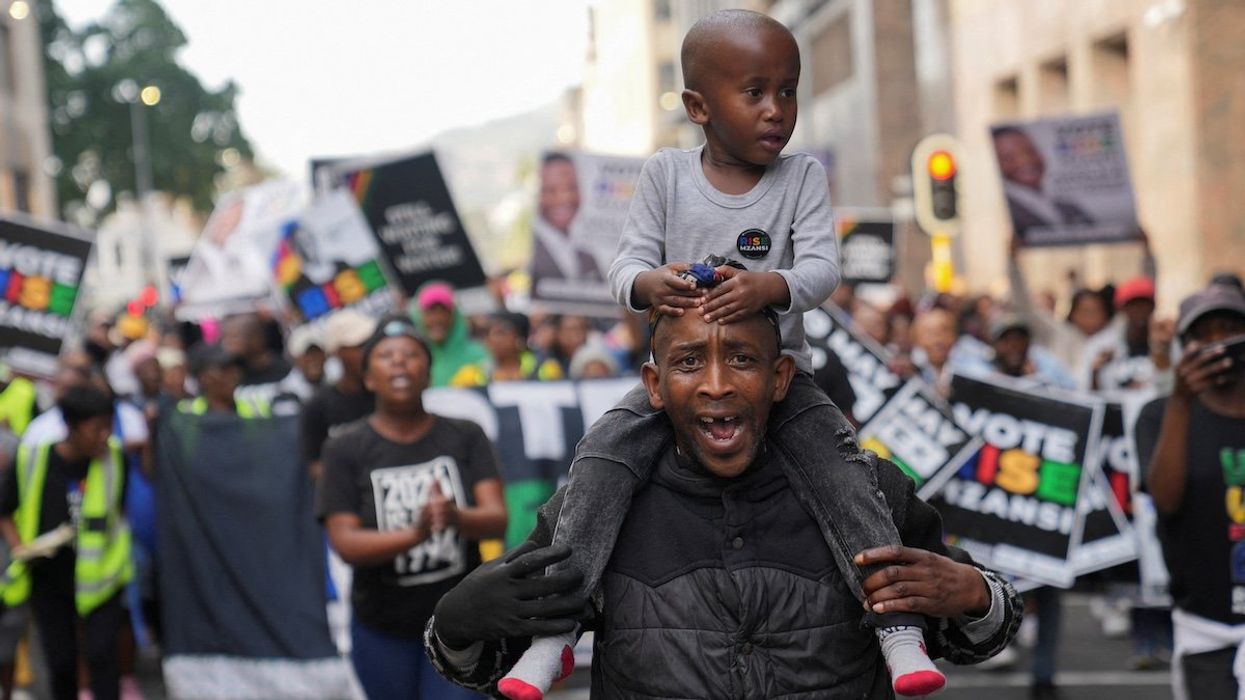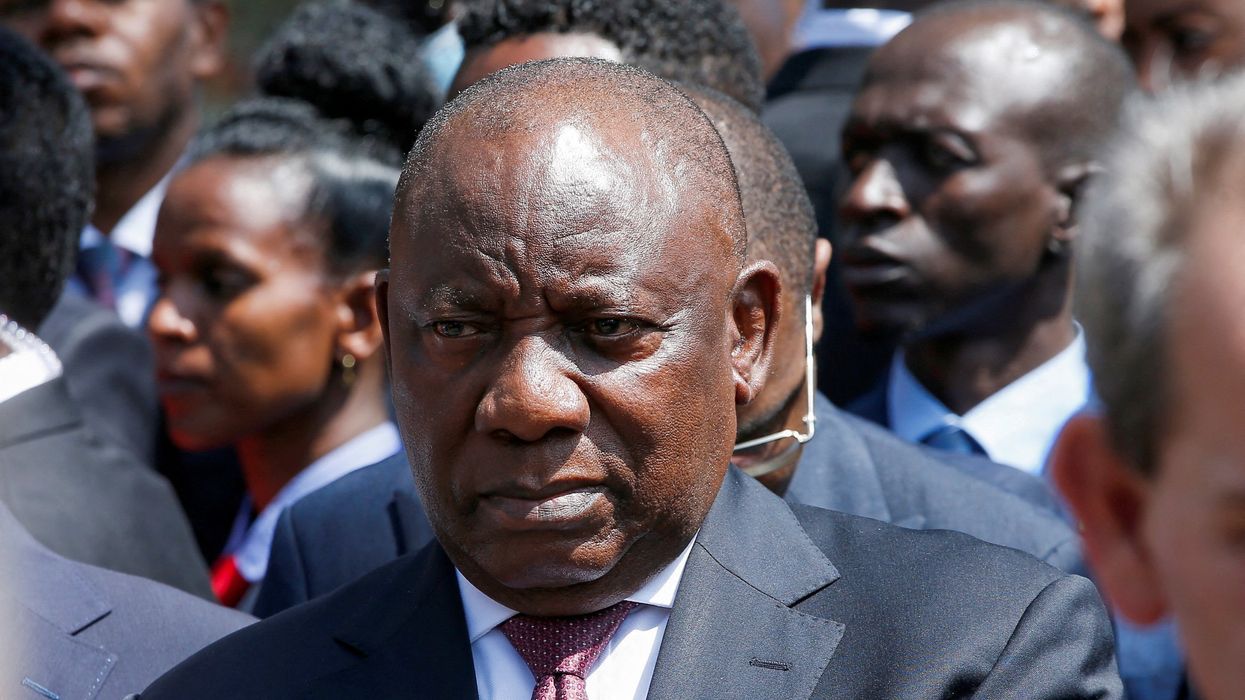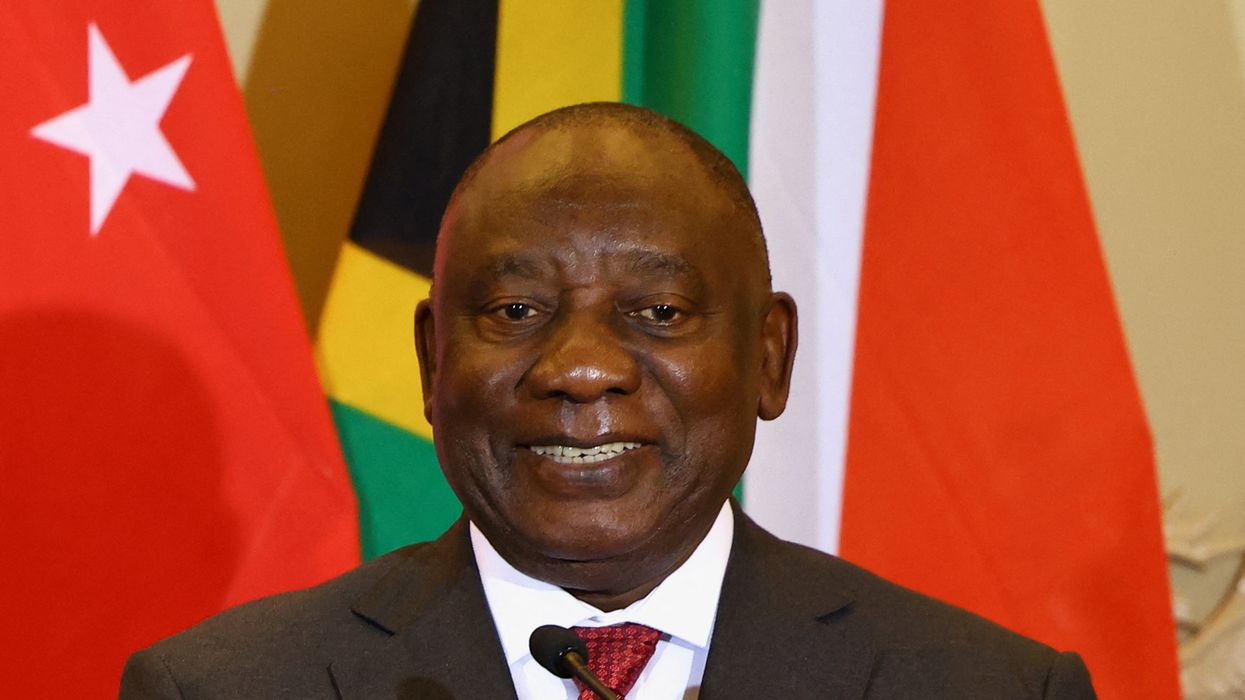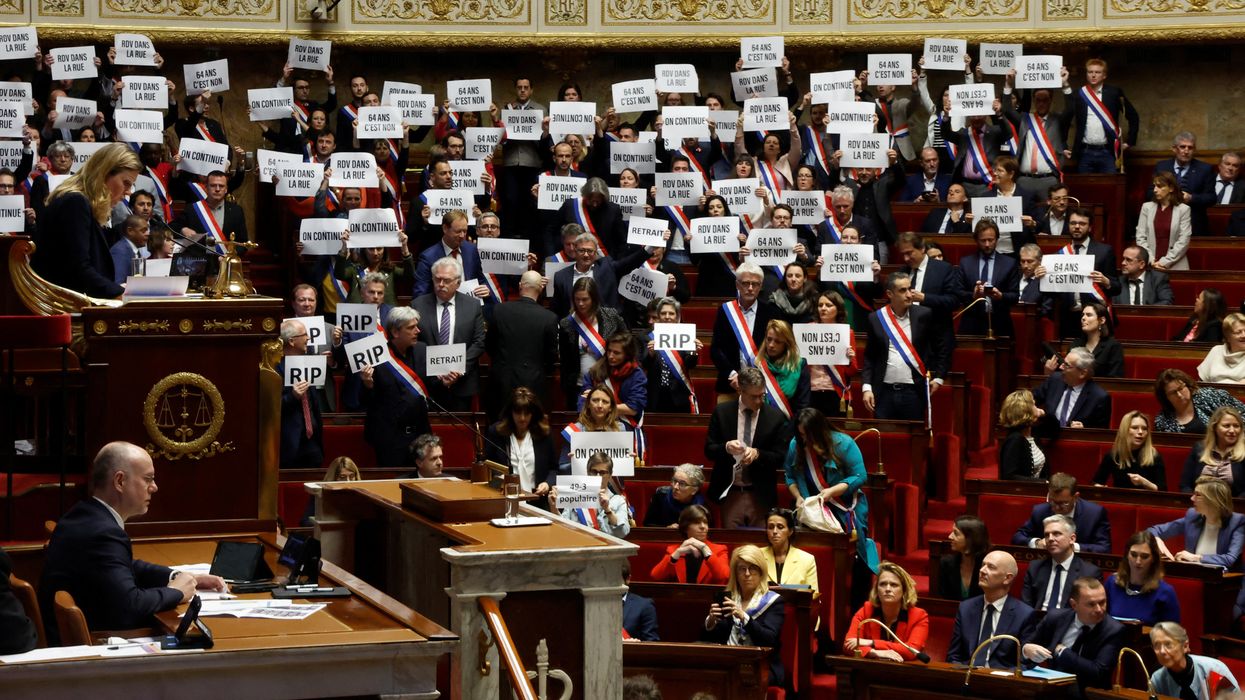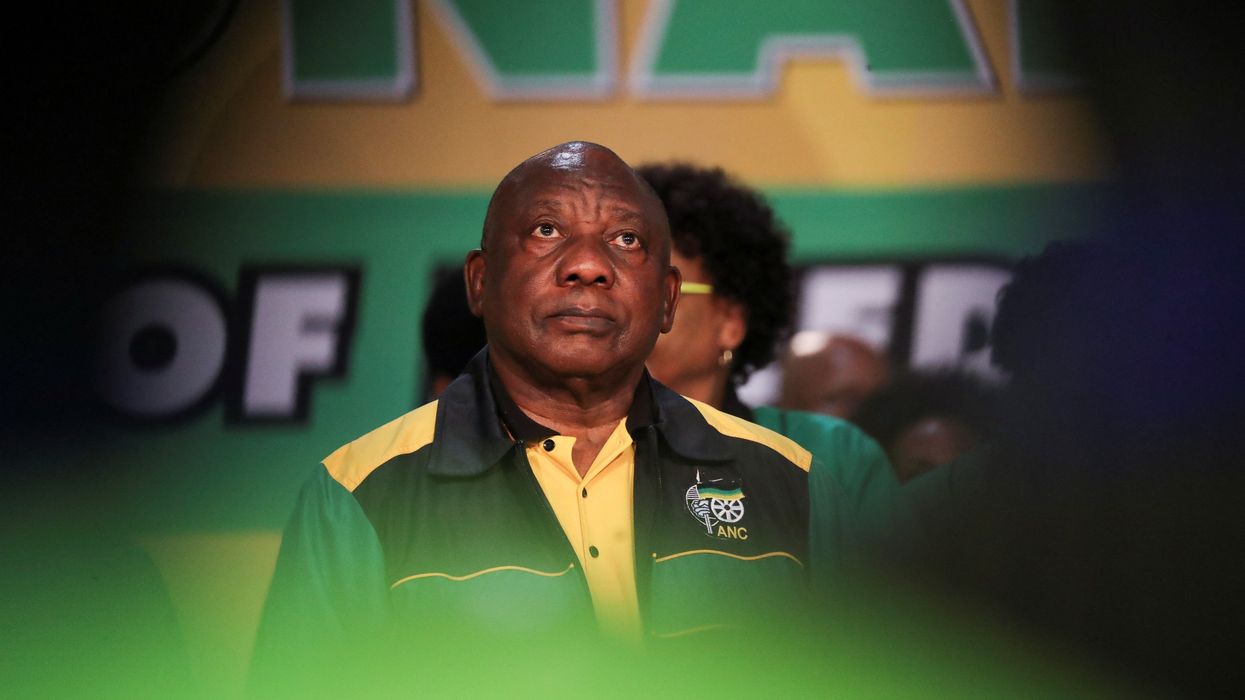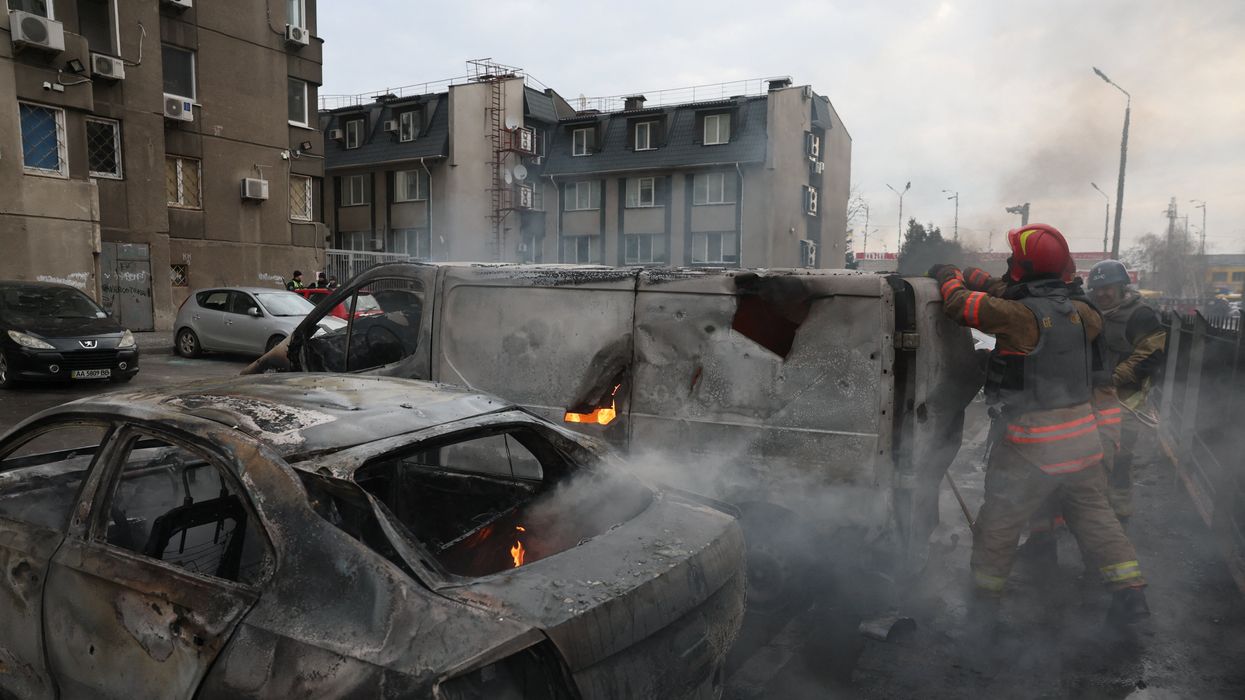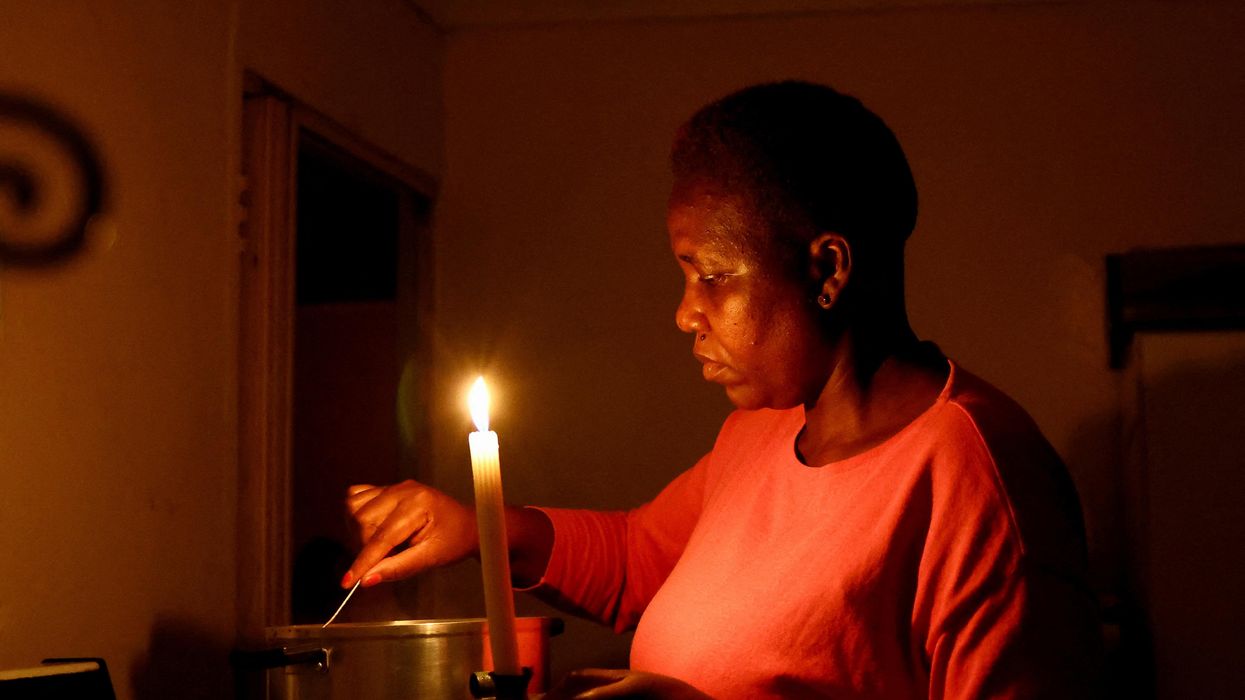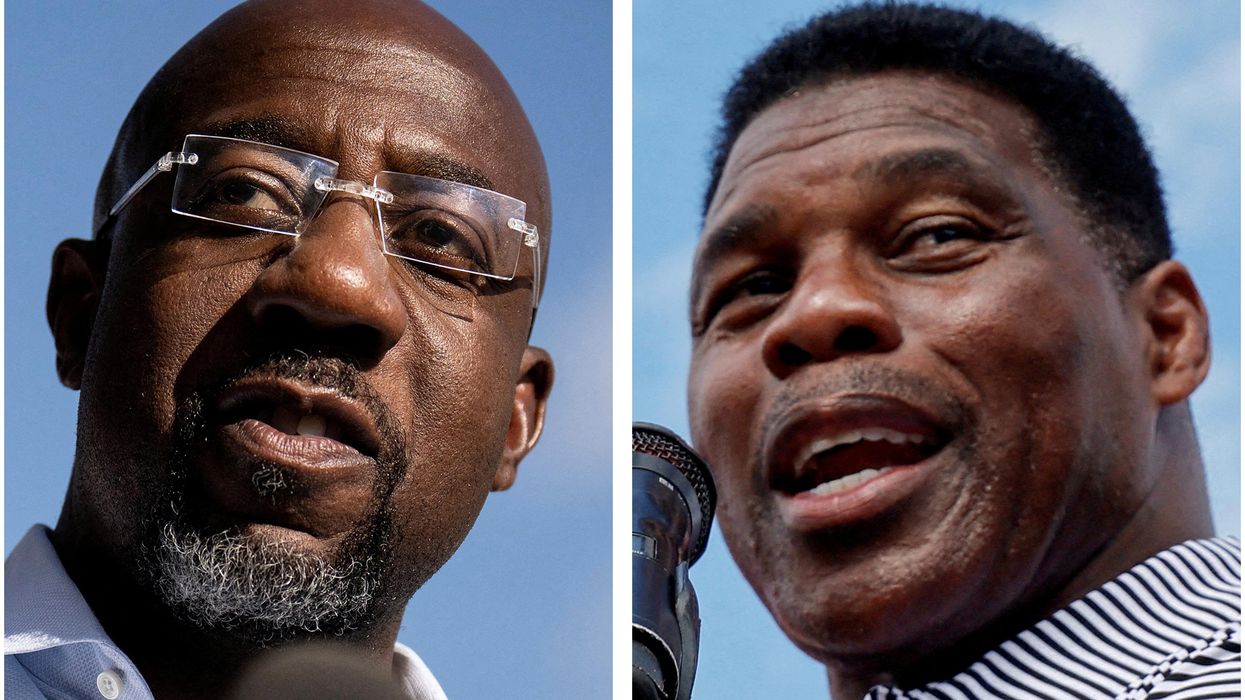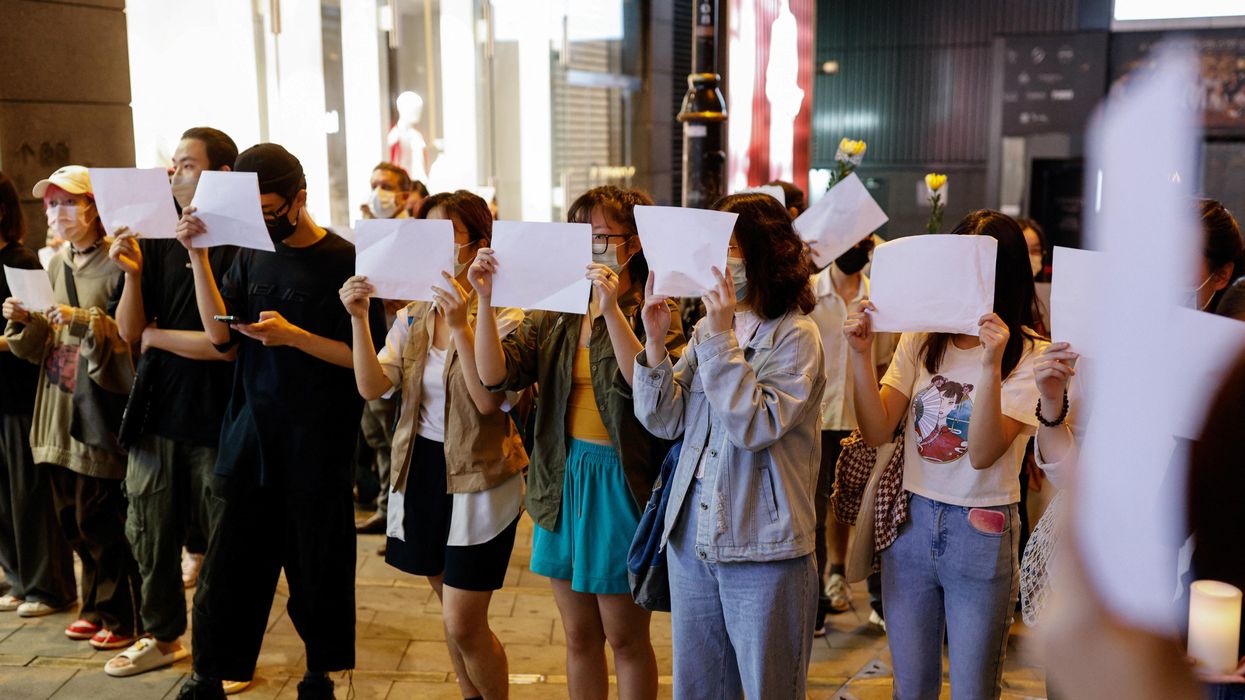Analysis
The real reason South Africa’s president is coming to Washington
If recent headlines are anything to go by, you’d think that South African President Cyril Ramaphosa’s visit to Washington, D.C. this week is an effort to rebut US President Donald Trump’s belief that white South Africans are suffering a genocide. In reality, it’s all about trade.
May 20, 2025
